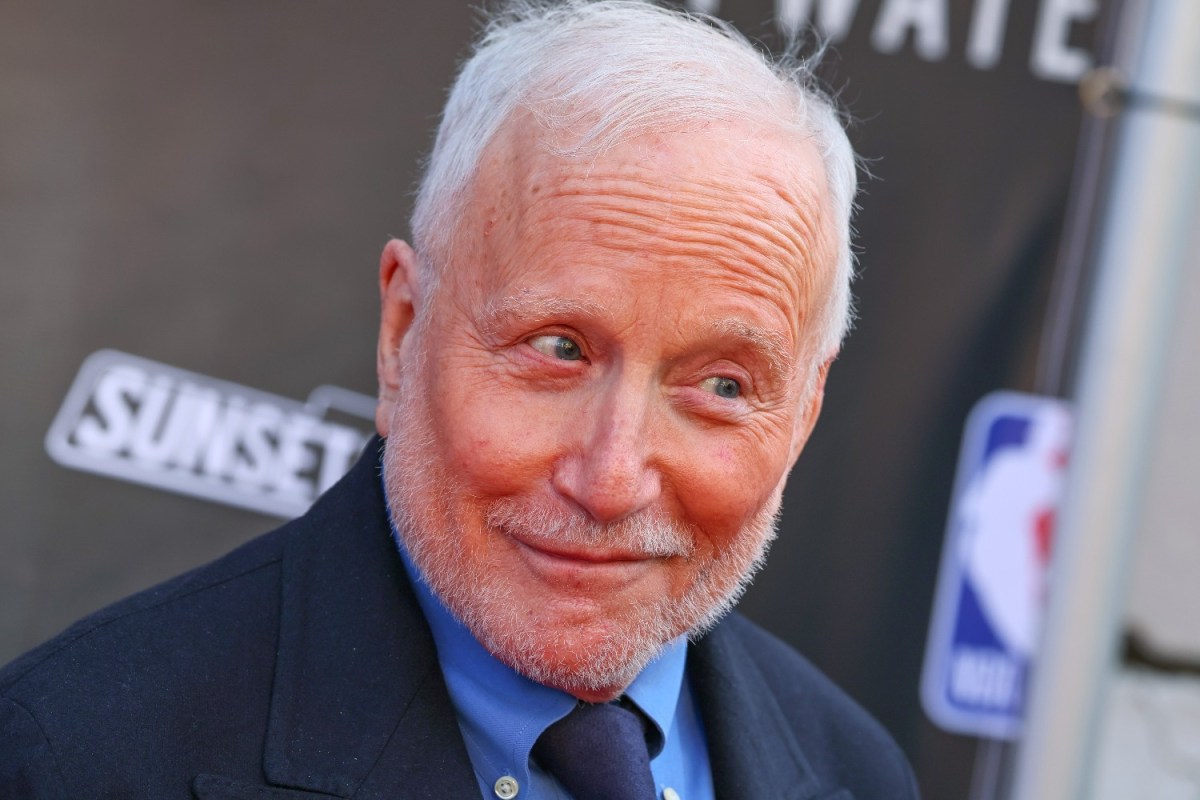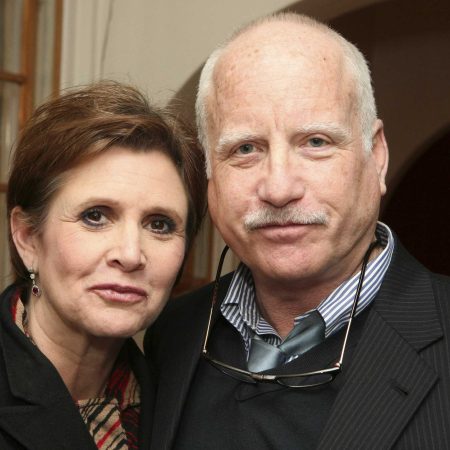It can be a surreal experience finding out what the metaphorical hills that people will die on will be. In the case of acclaimed actor Richard Dreyfuss, apparently that hill involves a 1965 film adaptation of Othello starring Laurence Olivier as, yes, the title character. Yes, Olivier wore blackface in the role. And yes, unfortunately, Dreyfuss was defending Olivier’s right to play the role in a nearly 60-year-old movie — before venturing that he, too, might like to play Othello some day.
As Rolling Stone reports, Dreyfuss made these comments in an interview for The Firing Line. Turns out Dreyfuss is not a fan of the Academy’s diversity guidelines for Best Picture nominees, which he felt conflated art and morality. “[N]o one should be telling me as an artist that I have to give in to the latest, most current idea of what morality is,” Dreyfuss said.
Dreyfuss went on to defend Olivier’s work in the aforementioned 1965 film. “He played a Black man brilliantly,” said Dreyfuss. “Am I being told that I will never have a chance to play a Black man? Is someone else being told that if they’re not Jewish, they shouldn’t play ‘The Merchant of Venice’? Are we crazy? Do we not know that art is art?”
It seems all too likely that, no, Richard Dreyfuss will probably not get the chance to play a Black man. (Barring a theater director revisiting the idea of a race-swapped production of Othello, which has been done.) There is plenty of debate over who can or should play what roles — and that seems unlikely to end any time soon. But here, Dreyfuss seems to have used one of the worst possible examples to make his point.
The Long, Violent Literary History of Calling Someone a “Cuck”
From the Trojan War to Shakespeare, the oft-ridiculed archetype has always had much darker implicationsIt’s also worth mentioning that, as with all forms of creative expression, opinions on different performances can vary dramatically. Writing in the Los Angeles Times in 2021, theater critic Charles McNulty described his first time watching Olivier play Othello, and being “[h]orrified by Olivier’s racialized prosthetics and West Indian minstrelsy.”
If Dreyfuss wants to defend a 1965 film, it’s his right to do so. But it also seems telling that said performance doesn’t come up in conversation much for a reason — see also, Orson Welles’s and Anthony Hopkins’s onscreen portrayals of Othello. And in the end, his argument winds up diminishing him rather than making the case for his position.
Thanks for reading InsideHook. Sign up for our daily newsletter and be in the know.


















